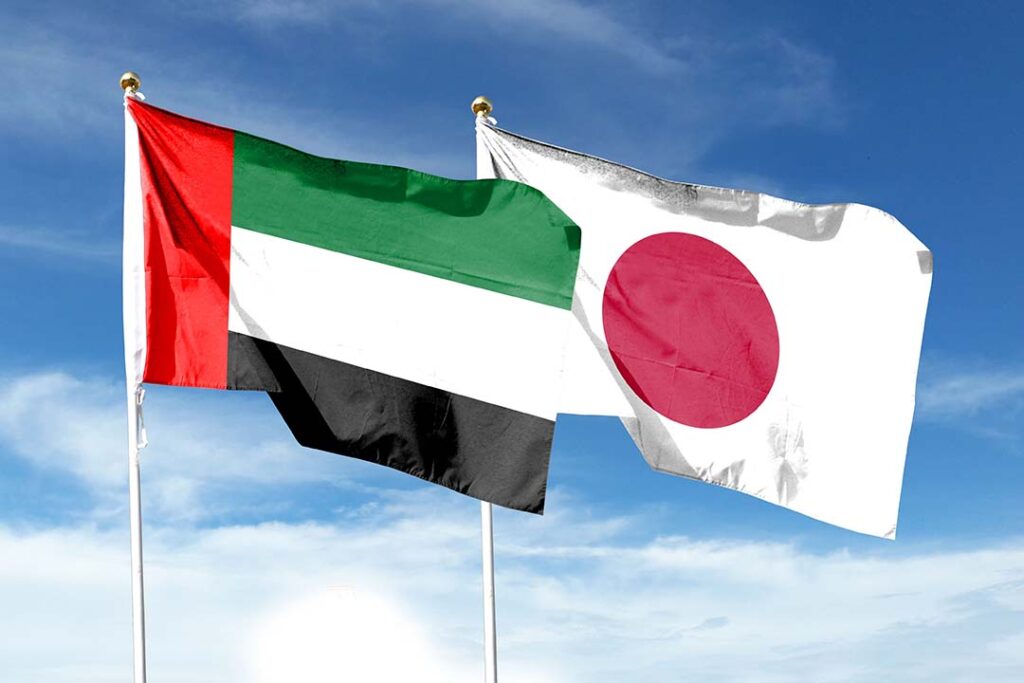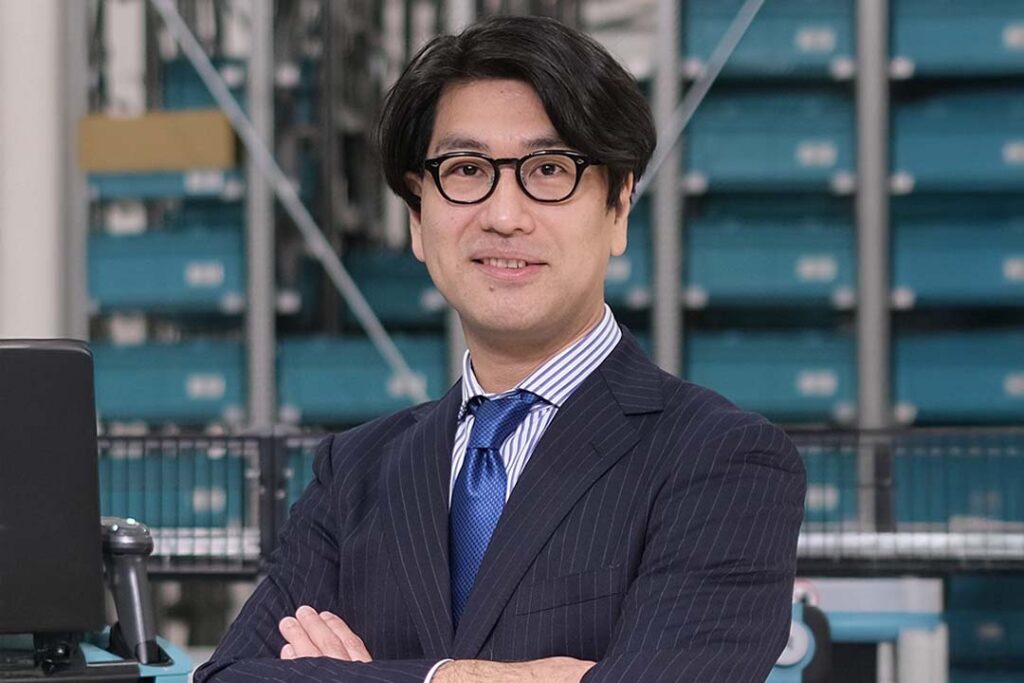In celebration of 70 years of Philippines-Japan cooperation, H.E. Mylene J. Garcia-Albano, Philippine Ambassador to Japan since December 2022, shares her focus on enhancing the Strategic Partnership between the two nations. She discusses initiatives in economic development, cultural exchanges, and security to strengthen bilateral ties and promote mutual prosperity.
Bridges: What initiatives have you undertaken or plan to implement to enhance diplomatic ties and foster closer relations between Japan and the Philippines during your tenure as Ambassador?
H.E. Mylene J. Garcia-Albano: Since assuming my role as Philippine Ambassador to Japan in December 2022, I have been dedicated to advancing the Strategic Partnership between our two countries, in line with the directives of President Ferdinand R Marcos Jr. Our aim is to ensure that this Strategic Partnership continues to yield tangible benefits for both our nations and play a constructive role in fostering peace, stability, and prosperity of the broader Indo-Pacific region in the post-pandemic era.
Over the years, our bilateral cooperation has flourished across various domains, including defense and security, economic development, cultural exchanges, and people-to-people ties. Building upon the momentum generated by last year’s successive high-level dialogues, we are committed to sustaining meaningful engagements between Philippine and Japanese government institutions, businesses, and socio-cultural sectors.
Over the years, our bilateral cooperation has flourished across various domains, including defense and security, economic development, cultural exchanges, and people-to-people ties.
H.E. Mylene J. Garcia-Albano, Philippine Ambassador to Japan
One of my top priorities is advancing women empowerment within all aspects of our cooperation with Japan. Empowering women has tremendous dividends – it does not only benefit individuals but it also leads to more inclusive decision-making processes, stronger institutions, and more resilient communities. To realize this objective, my team at the Embassy and I are undertaking targeted initiatives that promote women’s rights, education, entrepreneurship, and leadership development. Our approach involves organizing wide-ranging activities, including workshops and seminars focused on skills enhancement and sharing of the Philippines’ best practices in implementing gender and development programs. We also undertake advocacy campaigns coinciding with Women’s Month and other national and international observances, alongside cultural events that honor women’s invaluable contributions to society and history. This year, we intend to highlight the pivotal role of women in peace and security, leveraging our country’s legacy of prioritizing the needs and rights of women during and post-conflict. I believe that these efforts will further inform the thrusts of our existing collaboration with Japan.
Can you highlight some key areas of cooperation between Japan and the Philippines that show promising opportunities for mutual benefit and collaboration in the near future?
Our growing collaboration on addressing climate and sustainability issues holds great potential in building resilient communities anchored on innovative technologies. This has been an emerging theme in our joint efforts to consolidate the peace and development gains in the Bangsamoro region in the southern Philippines.
Japanese investments and assistance in the Philippines’ push towards smart agriculture, renewable energy, and critical minerals processing will contribute to enhancing food security and productivity while ensuring environmental protection.
Japanese investments and assistance in the Philippines’ push towards smart agriculture, renewable energy, and critical minerals processing will contribute to enhancing food security and productivity while ensuring environmental protection.
The Philippines has also benefited from the robust support that Japan has extended in defense and security, especially in improving Philippine capacities for humanitarian assistance and disaster response and maritime domain awareness. Cybersecurity is another critical area where Japan and the Philippines can exchange best practices and tools to help strengthen our respective digital infrastructures and defenses against cyber threats.
Are there any examples of successful partnerships or collaborations between Japanese and Filipino entities that you find particularly noteworthy or inspiring, and how do you plan to build upon them?
A notable example of successful bilateral partnerships is Japan’s consistent support for the Philippines’ “Build Better More” infrastructure development program, currently exemplified by the Japan-funded Metro Manila Subway Project and the North South Commuter Railway, which are part of the Philippines’ overall modernization plan for its mass transportation system.
There are two (2) impactful programs that bolster people-to-people ties. One is the JDS Project for Human Resource Development, funded by Japan, offers scholarships for young Filipino government officials engaged in development work. The other is the JENESYS program, initiated by the Government of Japan in 2007, which promotes people-to-people exchanges among ASEAN youth. Over 36,000 youths, including Filipinos, have benefited from this program, which is aligned with ASEAN’s community-building strategies.
To build on the successes of our bilateral cooperation, I have been working on expanding institutional linkages, including extending them to trilateral and multilateral frameworks with the Philippines, Japan, and other like-minded partners. This can boost the impact and sustainability of our joint initiatives, and unlock new opportunities for mutual benefit and growth.
To build on the successes of our bilateral cooperation, I have been working on expanding institutional linkages, including extending them to trilateral and multilateral frameworks with the Philippines, Japan, and other like-minded partners.
The Filipino community in Japan plays a significant role in bilateral relations. How do you envision leveraging the Filipino workforce in Japan to contribute to further strengthening ties between our two countries?
The Filipino community in Japan is a vital pillar of our bilateral relations and an asset to the Strategic Partnership. The more than 300,000 Filipinos in Japan are de facto ambassadors of goodwill through their positive contributions to the Japanese economy and society.
With their exceptional work ethic, skills, expertise, and innovation, the Filipino workforce enhances the competitiveness of Japanese industries. The Filipino community also serves as a catalyst for cultural exchange and mutual understanding. By organizing and participating in cultural events, festivals, and community gatherings, they re-connect with and promote Filipino culture, heritage, and traditions, not only strengthening people-to-people ties but also cultivating a more inclusive and diverse society in Japan.
Recognizing the Filipino community’s important role in our bilateral relations, we must also acknowledge and support their aspirations for personal and professional growth. Providing access to further education, skills training, and other socio- economic opportunities will empower them to maximize their potential and make even greater contributions to both Japanese and Filipino societies.
What factors contribute to the strong relationship between the Philippines and Japan, and what steps do you believe both countries should take to further deepen and strengthen this relationship in the future?
The strong relationship between the Philippines and Japan is founded on shared values, mutual trust, and respect. Both our countries hold firm to the principles of the rule of law, peace, equity, and justice, which are the cornerstones of our enduring partnership.
The strong relationship between the Philippines and Japan is founded on shared values, mutual trust, and respect. Both our countries hold firm to the principles of the rule of law, peace, equity, and justice, which are the cornerstones of our enduring partnership.
Looking ahead, the Philippines and Japan must continue to work in step to adapt their relationship to current realities and emerging challenges. We must collectively steer our Strategic Partnership based on a forward-looking outlook that embraces sustainability, inclusivity, and innovation.
Furthermore, working closely together on global issues such as climate change and sustainable development goals will clearly demonstrate our shared commitment to remain a force of positive change, and models of responsible global citizenship.










